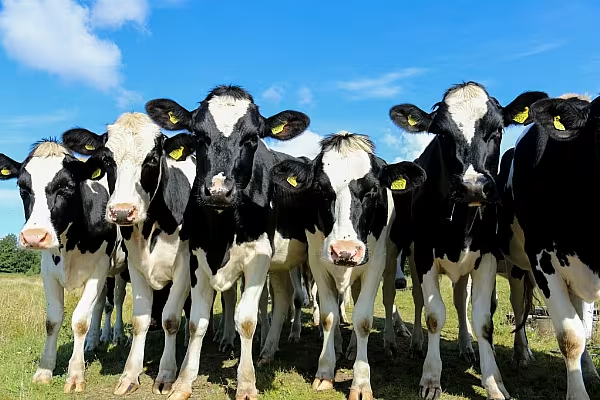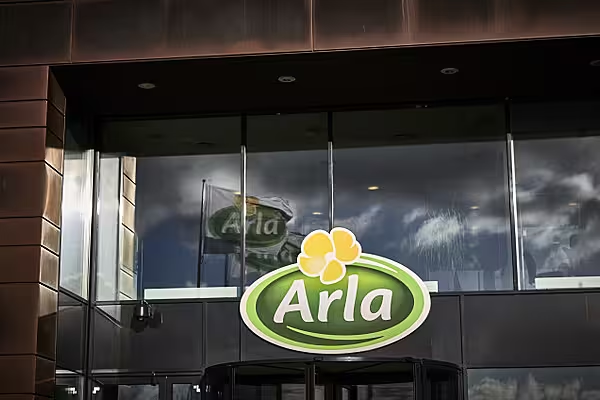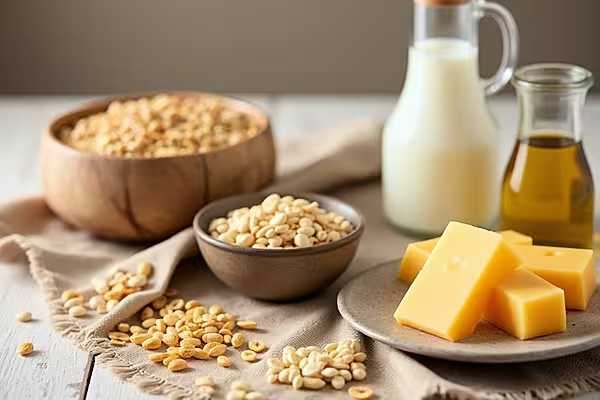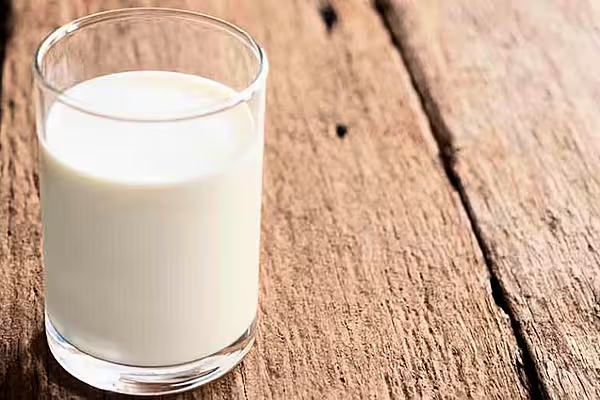German dairy company DMK Group has published its figures for the 2016 fiscal year and set out its goals for 2017.
The company reported that sales grew by 11%, to €5.1 billion, last year, resulting in an annual net profit of €13.5 million.
Missed Goals
Milk prices dropped in 2016 due to a worldwide dairy crisis. This development was intensified by DMK Group’s “inadequate” company performance, according to CEO Ingo Müller. Milk producers were only paid 25.2 cent per kilogram, which is below the national average of 26.7 cent per kilogram.
“We have clearly missed our most important goal – to pay a competitive milk price,” Müller said. “We can’t deny this fact, however, our company is healthy. We have a strong base. Now we are looking to make DMK Group competitive again, with our extensive structural programme.”
Clear Objectives
At the end of 2016, DMK Group launched a change programme called ‘Move’. The programme pursues four different goals: a tight organisation, better raw-material planning, a focused portfolio, and an optimised structure of expenditure.
The dairy company is confident that the current outlook suggests a positive overall market for the fiscal year ahead. As a result, DMK Group has decided to raise its milk price to 36 cent per kilogram.
“The change processes are painful, but they contribute to a clear path for the future. The first key figures from 2017 show that we are on the right path,” said Müller.
In addition, the ‘Milkmaster’ animal-welfare and sustainability programme, which is obligatory for all of DMK’s milk producers, was launched in 2016. The company rewards the performance of milk producers with regard to animal welfare, health, food production, and feeding.
Extensive Restructuring
Due to the market situation in 2016, the company says that around 1.7 billion kilograms of milk will be withdrawn from DMK Group within the next two years. A new location and recycling concept is planned, which includes stopping production in three factories.
Overall, the planned measures will affect 270 jobs. With the help of a lean organisation and further improvements in raw-material planning, the dairy company wants to remain competitive, even as the quantity of milk decreases.
© 2017 European Supermarket Magazine – your source for the latest retail news. Article by Larissa Zimmer. Click subscribe to sign up to ESM: The European Supermarket Magazine.














